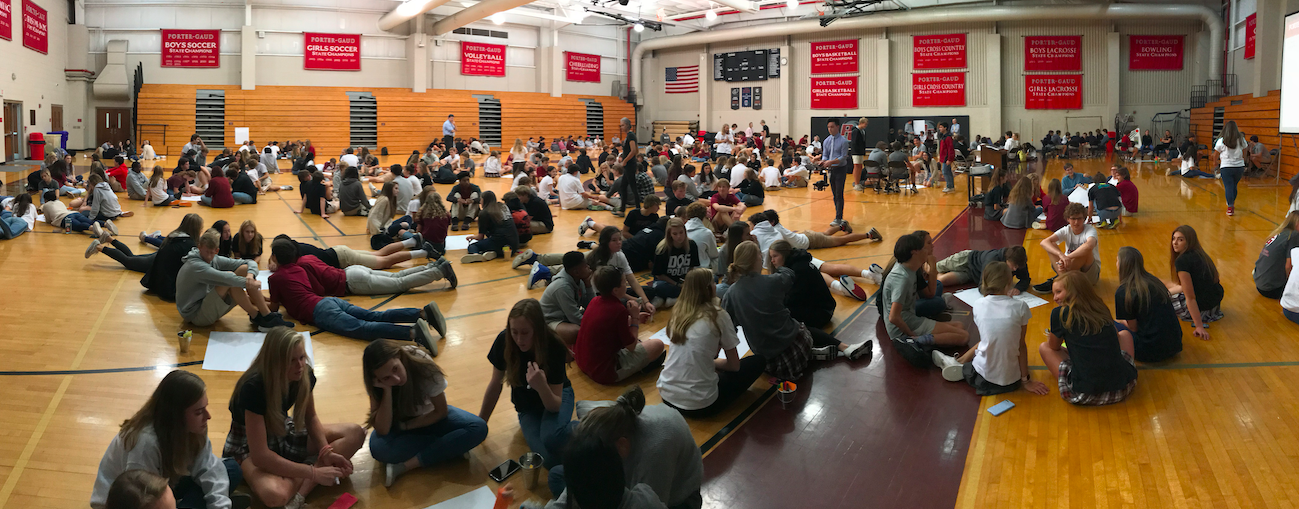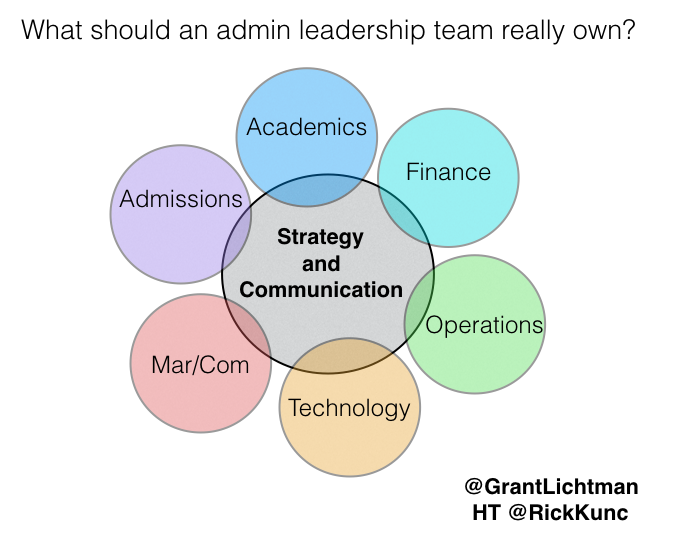I have been so fortunate to be associated with the Behavioral Science and Leadership Department at the U.S. Military Academy at West Point for the last two years. For two summers I hosted groups of cadets in San Diego for my Falconer seminar. Last year, the cadets signed a copy of a book for me entitled Leadership Lessons From West Point (Doug Crandall, ed.) and I wanted to share my key take-aways from this excellent compilation of leadership from the Army point of view. In reading this list I see that I could write for many hours on how these leadership qualities apply to schools. Better yet, I will just recommend you read the book! And thanks to the men and women who put this book together and those they have led for their service to our country.
I recommend a careful read of the full book to anyone interested in his or her own leadership path. Hopefully I have faithfully understood these key points; if not the fault is my own. My list of key points is a bit long, but leadership is not something you can fit onto a cocktail napkin.
Leadership Lessons From West Point
Maj. Doug Crandall, editor
Summary Points
Never leave to chance something that you can affect.
Develop a program for formally educating and developing first line leaders.
Take stock of what your first line leaders need to work on most; these are the areas where you can have the most impact.
Place the welfare of the organization and your employees ahead of your own self- interest.
Listen to how your junior leaders talk about their subordinates.
The shortcomings of your subordinates are more your responsibility than theirs.
Learn from failure.
- The first level of failure is failure in what we do.
- The second level of failure is failure in who we are.
- The third level of failure is failure in who we want to be.
The comfortable illusion of infallibility is the biggest failure of all.
You are always a leader; if no one else you are a leader of one: yourself.
If subordinates do not share the team’s goals, they are not motivated to achieve them.
Select people who generally subscribe to the organization’s values.
Create a socialization process to help new employees understand the right way to do things and become productive members of the team.
Identify and share stories that illustrate proper behavior and depict organizational values.
Establish clear rules of appropriate conduct.
Ensure junior leaders are role models who help instill the organization’s values in their subordinates.
People at all levels must understand the reasons behind what they are doing and how they fit into the bigger picture.
Enforce organizational rules until all employees internalize them.
Empower people to police their own ranks.
Incorporate organizational values into the feedback and evaluation process.
True leadership stems from the leader’s authenticity.
- An authentic leader exhibits both self-awareness and self-regulation.
- All the working selves of an authentic leader include or overlap one’s core values and beliefs.
- True authenticity requires great self-exploration.
Top Behaviors of Exceptional Senior Leaders
- Keep cool under pressure.
- Clearly explain the mission, standards, and priorities.
- Make tough, sound decisions on time.
- See the big picture and provide context.
- Adapt quickly to new requirements.
- Handle bad news.
- Get out and visit the troops.
- Delegate.
- Set a high ethical tone.
- Demand honest reporting.
- Be positive, encouraging, and realistically optimistic.
- Set high standards without a “zero defects” mentality.
Top Behaviors of Exceptional Junior Leaders
- Listen with genuine interest.
- Be trustworthy and dependable.
- Enforce standards fairly.
- Know your job.
- Manage resources effectively.
- Understand priorities.
- Provide useful feedback.
- Include multiple viewpoints in decision-making.
- Handle pressure.
- Have guts.
Build relationships with each individual, not with a group.
Correctly assess each individual’s motivational needs.
Encourage subordinates to challenge everyday practices.
Don’t treat everything as an emergency.
Provide a clearly communicated, concise commander’s intent.
Ensure all team members fully understand the overall goal of a particular action.
Change perspectives frequently.
Know your people; recognize the work they have accomplished and what they are working on.
Listen to your people.
Care for your people.
Be honest with yourself. Reflect on your greatest failure.
You can’t order esprit de corps or coerce high performance; you have to inspire it.





Although John Adam’s quote (If your actions inspire others to dream more, learn more, do more and become more, you are a leader) would fit on a cocktail napkin, your inspiring and thought-provoking post brought his words to mind. Thanks for this excellent list of imperatives. @saisnews
Thanks, Holly. This read has really contributed to my sense of leadership imperatives and will continue to help form my thinking as I work on how schools can innovate to meet the challenges of our future. This is great stuff and I know it will be helpful to our school leaders. I am using some of it in workshops and presentations I am putting together right now for NBOA and ISASW in the fall.